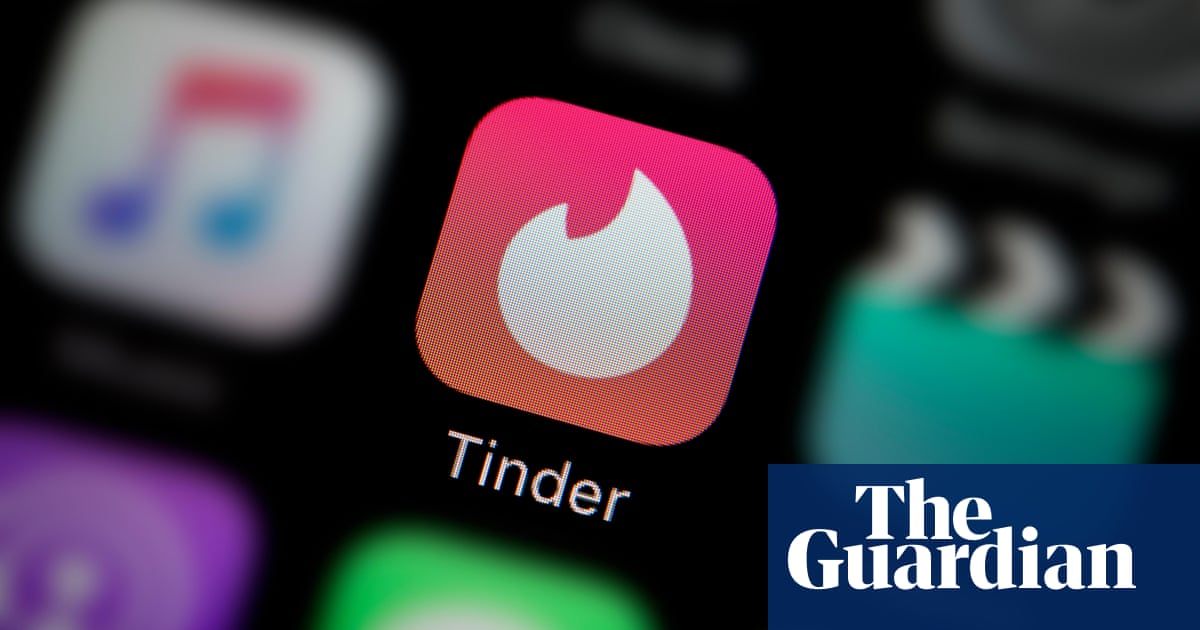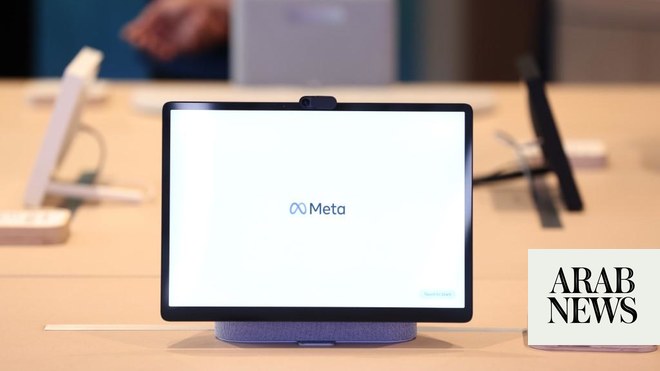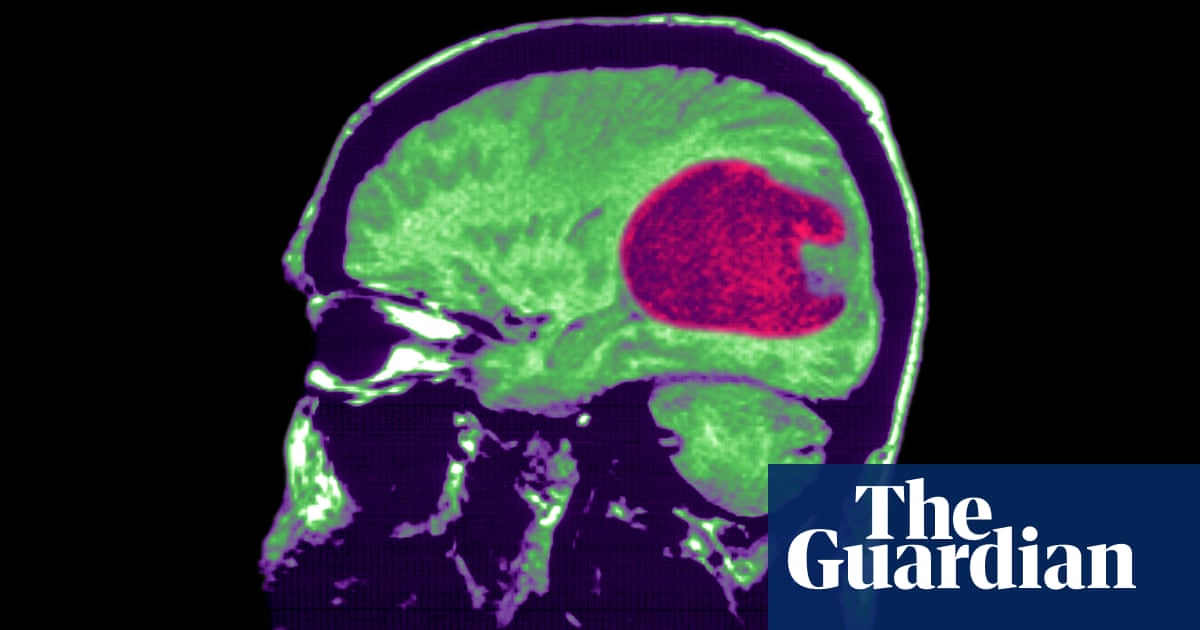
Beauty is now in the AI of the beholder. Or at least if you’re on Tinder.
The dating app is testing an artificial intelligence tool that selects users’ best-looking photos for their profiles, in the hope it will enhance the chances someone will swipe right.
The tool will look at a user’s photo album and select the five images that best represent them.
Bernard Kim, the chief executive of Tinder’s owner, Match Group, said AI could answer people’s concerns about which picture best represents them and take the stress away from selection.
“I really think AI can help our users build better profiles in a more efficient way that really do showcase their personalities,” Kim said in a call with investors and analysts.
He said Match Group would be launching a number of initiatives that use generative AI to “eliminate awkwardness” and make dating more rewarding.
Tinder has also been testing other AI features as it lets cutting-edge technology play a bigger role in affairs of the heart. Using somewhat robotic language in a letter to shareholders this week, Match said the app planned to use AI to “surface the right content to the right people to help improve relevancy and, ultimately, user outcomes”, in other words fewer left swipes.
Tinder has more than 75 million active users, according to Match.
Mark Van Ryswyk, Tinder’s chief product officer, also hinted last month that the app may adopt generative AI – tools that produce convincing text and image on command – to help users write their bios. The bio feature is still in its early stages and only available in test markets, but it uses an AI system that suggests a personalised text tailored to the “interests” and “relationship goals” sections of users’ profiles.
Van Ryswk said a recent Tinder study had shown that a third of its members would “absolutely” use generative AI to help them build a profile.
Tinder’s move comes at a time when AI entering the dating pool has become more frequent.
Crystal Cansdale, the head of communications at the dating app Inner Circle, said the rise in AI on dating apps was the result of “dating fatigue”, or people tired of not getting the right result.
She said: “It’s hard to write a bio that is perfect and not sound cringey and desperate, and AI provides an opportunity to optimise the time spent on dating apps.”
She added, however, that AI brought its own problems. “We can’t ignore that safety is a massive issue here,” she said. “From scammers, spammers and fake profiles, the whole industry is worried about how AI can be used to trick people.”
A flurry of new AI-enhanced dating apps have also started to appear. Teaser AI, an app that lets you chat with an AI version of someone before you swipe right or left on them; Blush, where you can practise your “relationship and intimacy skills” by flirting with their chatbot; and Flamme AI, an app with an AI-powered “ask me anything” tool that will allow users to ask questions, such as how to propose to your partner.
Bumble introduced AI last year to detect unsolicited nude images and combat cyberflashing. The app’s chief executive, Whitney Wolfe Herd, has also said AI might be used to simplify the process of creating an online dating profile.
Tinder said generative AI would play a key role when it comes to helping people find matches.
OKCupid said earlier this year that it would be adding AI-written matching questions to its app during the year after a popular response to its ChatGPT-generated matching questions.
A recent study by the cybersecurity firm Kaspersky and Inner Circle surveyed single men and women in the UK to look at how the ChatGPT chatbot is affecting the dating world.
The study found that more than half of single men would use chatbots to help talk to potential dates, and more than 52% would use it to increase the number of people they were talking to at one time on dating apps. Most single adults would use ChatGPT to help with conversations online, but only 37% said they would be open to using it to enhance their profiles.












